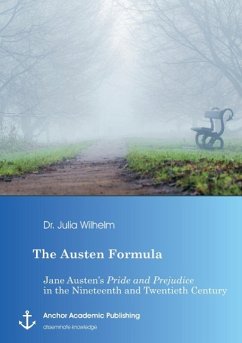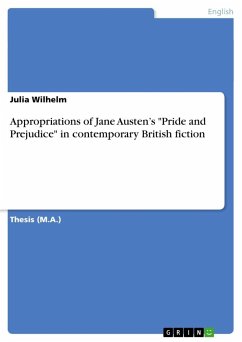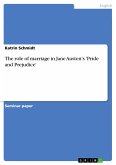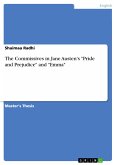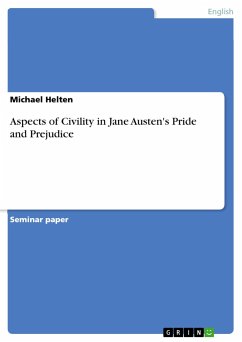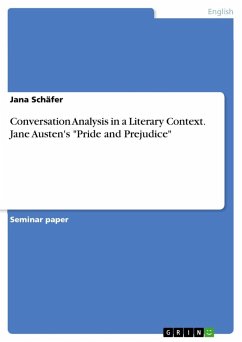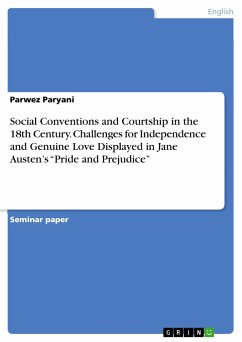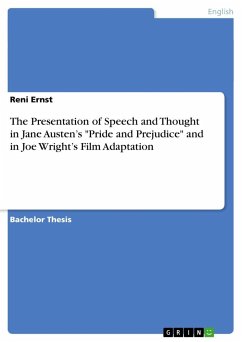World literature is full of great love stories, but there are few that make it through the centuries and are as well-known and loved today as they were decades ago. One of those stories that have the ability to leave an everlasting impression is Jane Austen s best-known and probably most famous novel Pride and Prejudice (1813).
Its appeal to literary posteriority lies in the astonishing emotional impact of a seemingly simple story: A clever girl and a mysterious man, destined for one another, loathe each other from the very beginning because of wrong first impression and bad influence from others. They gradually have to overcome these obstacles in order to recognise the nobility of each other s characters and find happiness together.
From Austen s contemporary writing and its scarce possibilities for women writers on to the emancipation of the female author up until the possibilities for women novelists in the lately developing genre labelled chick lit Pride and Prejudice still continues to fascinate readers and writers alike. This book sets out to examine how Austen s formula was put to use to yield three contemporary works of British fiction; Kate Fenton s Lions and Liquorice (1995), Helen Fielding s Bridget Jones s Diary (1996) and Melissa Nathan s Pride, Prejudice and Jasmin Field (2000) and what transformations it has experienced in the process.
Its appeal to literary posteriority lies in the astonishing emotional impact of a seemingly simple story: A clever girl and a mysterious man, destined for one another, loathe each other from the very beginning because of wrong first impression and bad influence from others. They gradually have to overcome these obstacles in order to recognise the nobility of each other s characters and find happiness together.
From Austen s contemporary writing and its scarce possibilities for women writers on to the emancipation of the female author up until the possibilities for women novelists in the lately developing genre labelled chick lit Pride and Prejudice still continues to fascinate readers and writers alike. This book sets out to examine how Austen s formula was put to use to yield three contemporary works of British fiction; Kate Fenton s Lions and Liquorice (1995), Helen Fielding s Bridget Jones s Diary (1996) and Melissa Nathan s Pride, Prejudice and Jasmin Field (2000) and what transformations it has experienced in the process.

